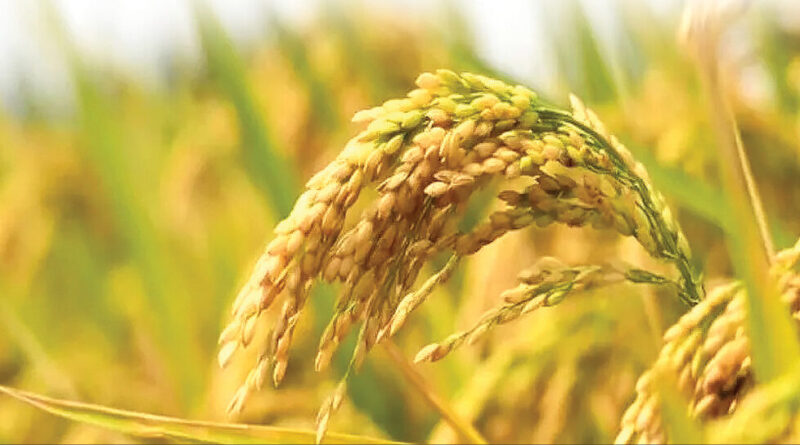UP to set up 4K centres to purchase 70 lakh metric tonnes of paddy
The state govt has set the target of procuring 70 lakh metric tonnes of paddy through 4,000 centres, to be established by multiple agencies, including the food and civil supply department, UP Cooperative Federation Limited (PCF), UP Cooperative Union Limited, UP Cooperative Union, Mandi Parishad, and the Food Corporation of India.
The procurement process will begin from Oct 1 in divisions, including Lucknow, Meerut, Saharanpur, Moradabad, Bareilly, Agra, and Aligarh.
It will last till Jan 31.
Likewise, in the case of east UP, divisions like Chitrakoot, Devipatan, Ayodhya, Gorakhpur, Varanasi, Azamgarh, Mirzapur, and Prayagraj, the paddy purchase will begin from Nov 1 and last till Feb 28.
According to a detailed order issued by the food and civil supplies (FCS) department principal secretary Alok Kumar, the common grade of paddy will be purchased at a price of Rs 2,300 per quintal, while the Grade A variety will be procured for Rs 2,320 per quintal.
The state govt will also procure hybrid paddy from farmers.
Accordingly, the District Agriculture Officer will provide complete details of the hybrid paddy variety, as well as the sowing of hybrid paddy and its productivity, on the paddy purchase portal.
The food and civil supplies department has been allocated the maximum target of procuring 31 lakh MT, followed by PCF, which has been tasked to purchase 19 lakh MT of paddy from farmers. These two agencies, in fact, will together be setting up a maximum number of purchase centres (2,750).
The state govt has also decided to continue with its policy of allowing Farmer Producer Organisations (FPOs) and Farmer Producer Companies (FPC) in the paddy procurement process. However, the FPOs/FPCs who face criminal charges or have been blacklisted/debarred in the past will not be allowed to take part in the process.
The department said that the paddy of the farmers will be sold at the district level on the principle of ‘first come, first serve’. But if more farmers reach a district level than its daily purchase capacity, then an offline token system will be arranged for the convenience of the farmers.
At the same time, farmers will be free to sell their paddy at any district level as per their convenience. In case, the centre of any other district is situated near the farmer, then such farmers can sell paddy there.
Officials said that all purchase centres will be geo-tagged and geo-fenced for better transparency. The vehicles taking paddy to the rice mills will also be required to have a GPS system, the order said.
This article has been republished from The Times of India.

